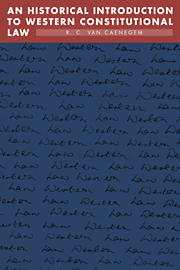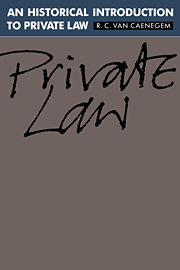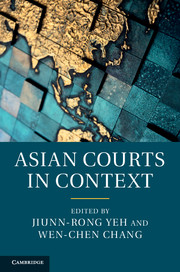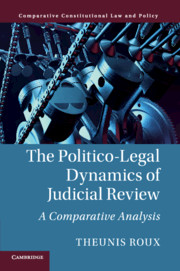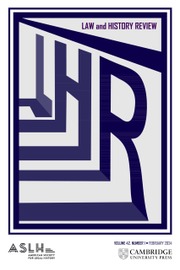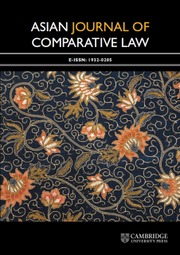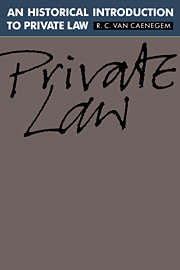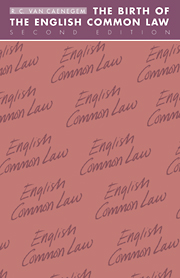An Historical Introduction to Western Constitutional Law
The constitutional question is of paramount importance in the political and nationalist agenda of late twentieth-century Europe. Professor van Caenegem's new book addresses fundamental questions of constitutional organisation: democracy versus autocracy, unitary versus federal organisation, pluralism versus intolerance, by analysing different models of constitutional government through an historical perspective. The approach is chronological: constitutionalism is explained as the result of many centuries of trial and error through a narrative which begins in the early Middle Ages and concludes with contemporary debates, focusing on Europe, the United States, and the Soviet Union. Special attention is devoted to the rise of the rule of law, and of constitutional, parliamentary, and federal forms of government. The epilogue discusses the future of liberal democracy as a universal model.
- First general study of constitutional law in historical perspective
- The constitutional debate is of fundamental importance in the twentieth-century political and nationalist agenda
- Assesses different models of constitutional government using case studies from Europe, USA, and the Soviet Union
Product details
March 1995Hardback
9780521471152
352 pages
236 × 156 × 24 mm
0.63kg
Available
Table of Contents
- Preface
- 1. Introduction
- 2. Tribal kingship: from the fall of Rome to the end of the Merovingians
- 3. The first Europe: the Carolingian empire
- 4. Europe divided: the post-Carolingian era
- 5. The foundation of the modern state
- 6. The classic absolutism of the Ancient Regime
- 7. The absolute state: no lasting model
- 8. The bourgeois nation state
- 9. The liberal model transformed or rejected
- Epilogue
- Select bibliography
- Index.

